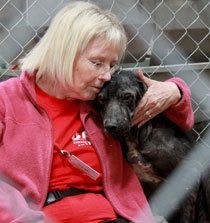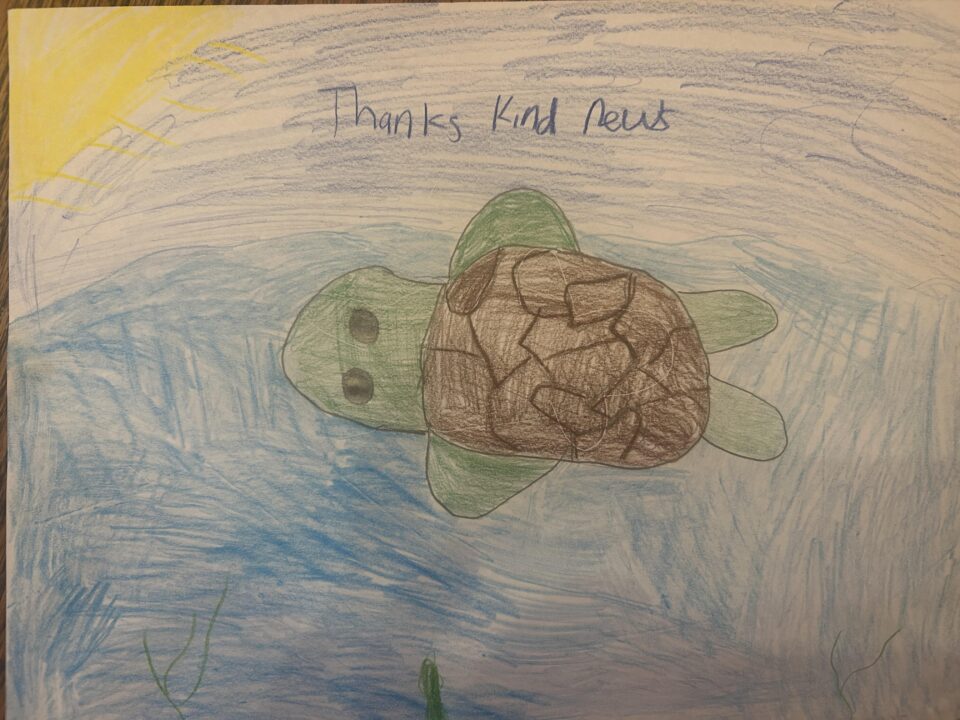Animal Hoarding
September 13th, 2021
Animal Hoarding
People who collect far more animals than they can provide proper food, shelter, sanitation, and veterinary care are known as animal hoarders.
Hoarders often start out with good intentions of helping animals but become overwhelmed. They may be incapable of recognizing or admitting to the deplorable and unsanitary living conditions of the animals in their care and their own environment. This is a grave and scary situation for the animals because they are usually confined and have no way to escape an unhealthy environment.
More than an eccentricity, animal hoarding is a serious psychological condition. Hoarders typically possess obsessive and controlling tendencies associated with mental illness.

RedRover Responder volunteers provide temporary sheltering for animals rescued from hoarding situations.![]()
Animal hoarders may:
- Collect large numbers of animals, despite their inability to care for them properly
- Have a preoccupation with rescuing animals
- Be in a state of denial about the horrible living conditions of the animals and themselves
- Persist in accumulating and controlling animals
- Fail to provide even minimal standards of nutrition, sanitation, shelter, and veterinary care, often resulting in illness and death from starvation, the spread of infectious disease, and untreated injury or medical condition
- Possess good communication skills and an ability to attract sympathy for themselves
The problem:
Hoarding causes a number of serious problems, including:
- Animal suffering. Animals in hoarding situations often suffer extreme neglect, including lack of food, proper veterinary care, and sanitary conditions. They are often found living in their own excrement and suffering from serious physical and behavioral problems.
- Public health hazards. The filthy conditions of a hoarding situation can create health hazards for the humans living in the home, attract disease-spreading insects and rodents, and threaten neighbors.
- Overburdened communities. Animal hoarding strains already overburdened animal shelters, which typically lack the resources to deal with a large influx of neglected animals.
How to help:
Animal hoarders tend to neglect themselves and are often elderly and isolated. They typically need help just as much as the animals do.
If you suspect someone is hoarding animals, contact your local animal control agency immediately.
This can be the first step in helping the animals and connecting the hoarder to vital social service, public health, and mental health resources.
Other Resources



